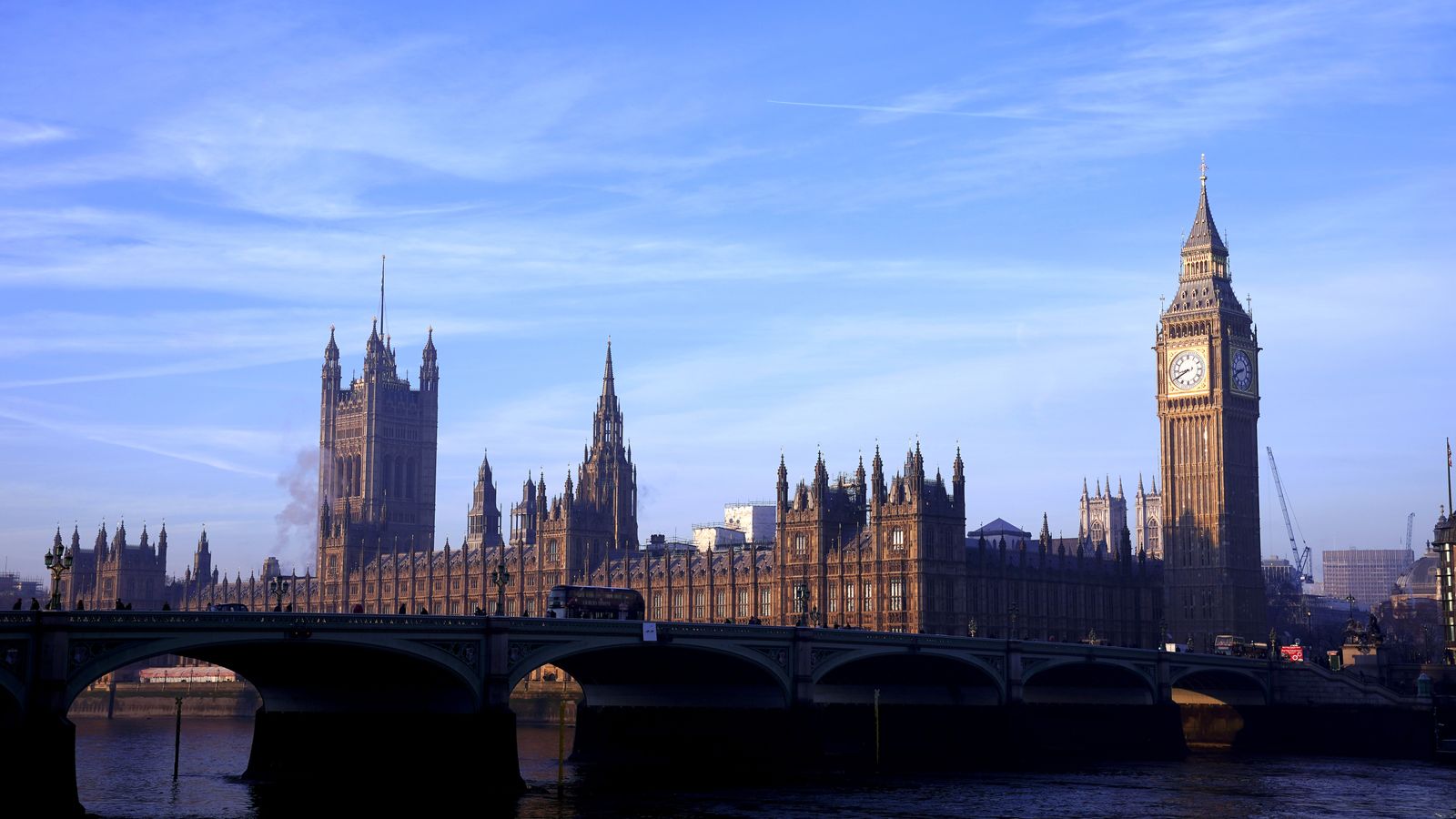MPs will get a 2.9% pay increase from 1 April, taking their overall salary from £84,144 to £86,584.
It comes as the government is locked in many bitter industrial disputes with public sector workers demanding inflation-busting pay rises which ministers say they can’t afford.
MPs’ salaries are decided by the Independent Parliamentary Standards Authority (IPSA), which has a legal duty to set their pay independently of parliament and government.
IPSA said the annual adjustment to MPs’ basic pay for 2023-24 will be the same as the average increase in pay for public sector employees last year, an increase of 2.9%, bringing the overall salary from £84,144 to £86,584 from 1 April 2023.
Richard Lloyd, IPSA’s Chair, said: “In confirming MPs pay for next year, we have once again considered very carefully the extremely difficult economic circumstances, the government’s evolving approach to public sector pay in the light of forecasted rates of inflation, and the principle that MPs’ pay should be reflective of their responsibility in our democracy.
“Our aim is to ensure that pay is fair for MPs, regardless of their financial circumstances, to support the most diverse of parliaments.”
Mr Lloyd added: “Serving as an MP should not be the preserve of those wealthy enough to fund it themselves. It is important for our democracy that people from any background should see representing their communities in Parliament as a possibility.”
Politics news – latest: UK pays EU £2.3bn after losing trade dispute; Rishi Sunak distances himself from deputy party chair’s comments on death penalty
Former Labour MP Jared O’Mara jailed for four years over fraudulent cocaine expenses
Rishi Sunak rejects calls to reinstate death penalty after new deputy Tory chairman Lee Anderson backs its return
The average regular pay growth for the private sector was 6.9% in August to October 2022, and 2.7% for the public sector, according to the Office for National Statistics (ONS).
Many public sector workers are demanding pay rises well-above this to keep up with record levels of inflation, which last month hit 10.5%.
Nurses, ambulance workers, teachers, postal workers, rail workers and civil servants are among those striking for better pay and conditions.
However, firefighters’ strikes have been postponed after an increased pay offer of 7% backdated to July 2022, and then 5% from 1 July this year.








